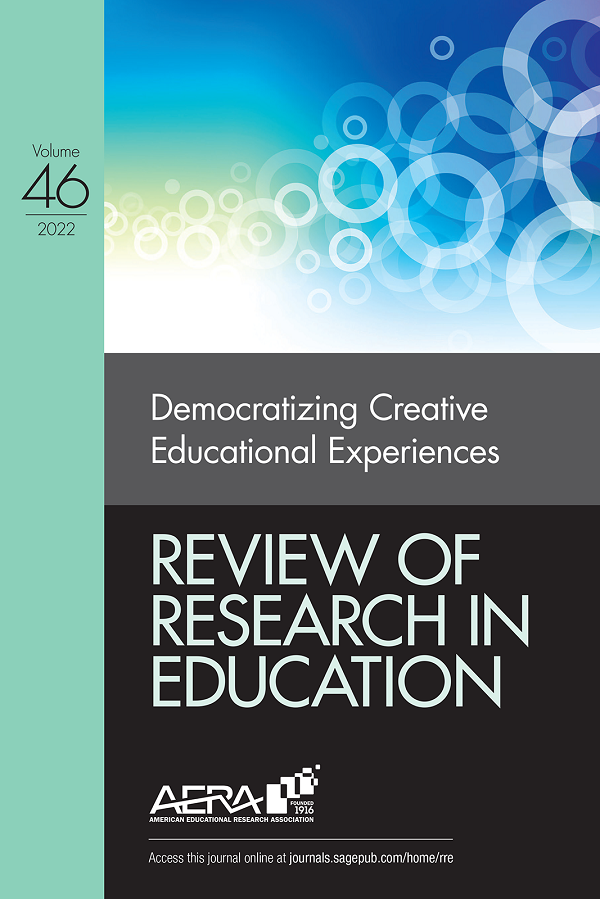Use of Quasi-Experimental Research Designs in Education Research: Growth, Promise, and Challenges
IF 2.4
1区 教育学
Q1 EDUCATION & EDUCATIONAL RESEARCH
引用次数: 84
Abstract
In the past few decades, we have seen a rapid proliferation in the use of quasi-experimental research designs in education research. This trend, stemming in part from the “credibility revolution” in the social sciences, particularly economics, is notable along with the increasing use of randomized controlled trials in the strive toward rigorous causal inference. The overarching purpose of this chapter is to explore and document the growth, applicability, promise, and limitations of quasi-experimental research designs in education research. We first provide an overview of widely used quasi-experimental research methods in this growing literature, with particular emphasis on articles from the top ranked education research journals, including those published by the American Educational Research Association. Next, we demonstrate the applicability and promise of these methods in enhancing our understanding of the causal effects of education policies and interventions using key examples and case studies culled from the extant literature across the pre-K–16 education spectrum. Finally, we explore the limitations of these methods and conclude with thoughts on how education researchers can adapt these innovative, interdisciplinary techniques to further our understanding of some of the most enduring questions in educational policy and practice.准实验研究设计在教育研究中的应用:成长、希望和挑战
在过去的几十年里,我们看到准实验研究设计在教育研究中的应用迅速扩散。这一趋势部分源于社会科学,特别是经济学的“可信度革命”,随着越来越多地使用随机对照试验来努力进行严格的因果推理,这一趋势值得注意。本章的主要目的是探索和记录准实验研究设计在教育研究中的发展、适用性、前景和局限性。我们首先概述了在这一日益增长的文献中广泛使用的准实验研究方法,特别强调了来自顶级教育研究期刊的文章,包括美国教育研究协会发表的文章。接下来,我们展示了这些方法在增强我们对教育政策和干预的因果效应的理解方面的适用性和前景,使用了从现有文献中挑选出来的主要例子和案例研究,涵盖了k - 16教育范围。最后,我们探讨了这些方法的局限性,并总结了教育研究人员如何适应这些创新的跨学科技术,以进一步理解教育政策和实践中一些最持久的问题。
本文章由计算机程序翻译,如有差异,请以英文原文为准。
求助全文
约1分钟内获得全文
求助全文
来源期刊

Review of Research in Education
EDUCATION & EDUCATIONAL RESEARCH-
CiteScore
15.70
自引率
0.00%
发文量
14
期刊介绍:
Review of Research in Education (RRE), published annually since 1973 (approximately 416 pp./volume year), provides an overview and descriptive analysis of selected topics of relevant research literature through critical and synthesizing essays. Articles are usually solicited for specific RRE issues. There may also be calls for papers. RRE promotes discussion and controversy about research problems in addition to pulling together and summarizing the work in a field.
 求助内容:
求助内容: 应助结果提醒方式:
应助结果提醒方式:


